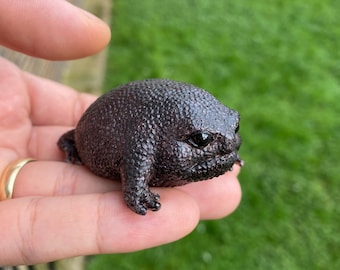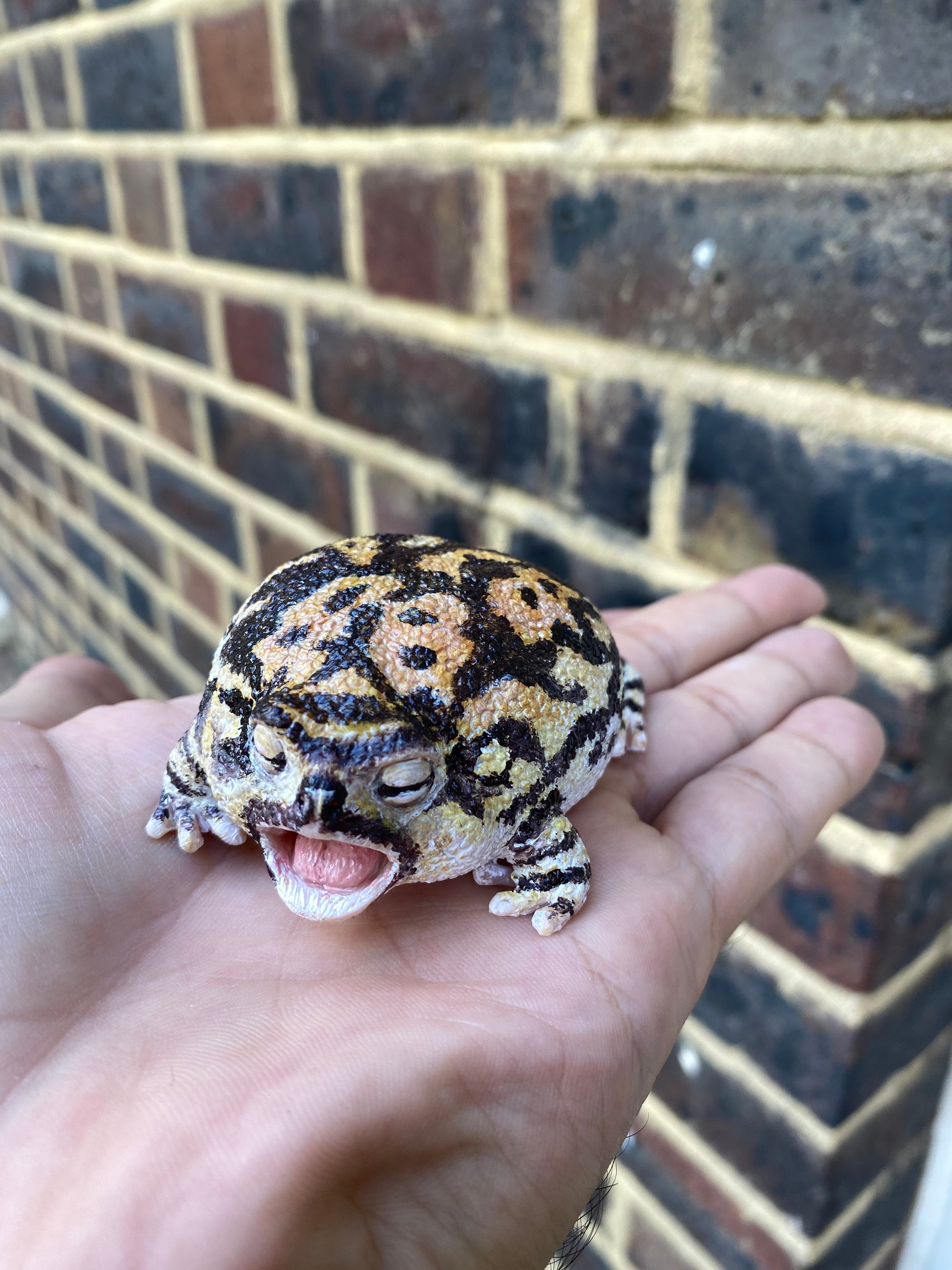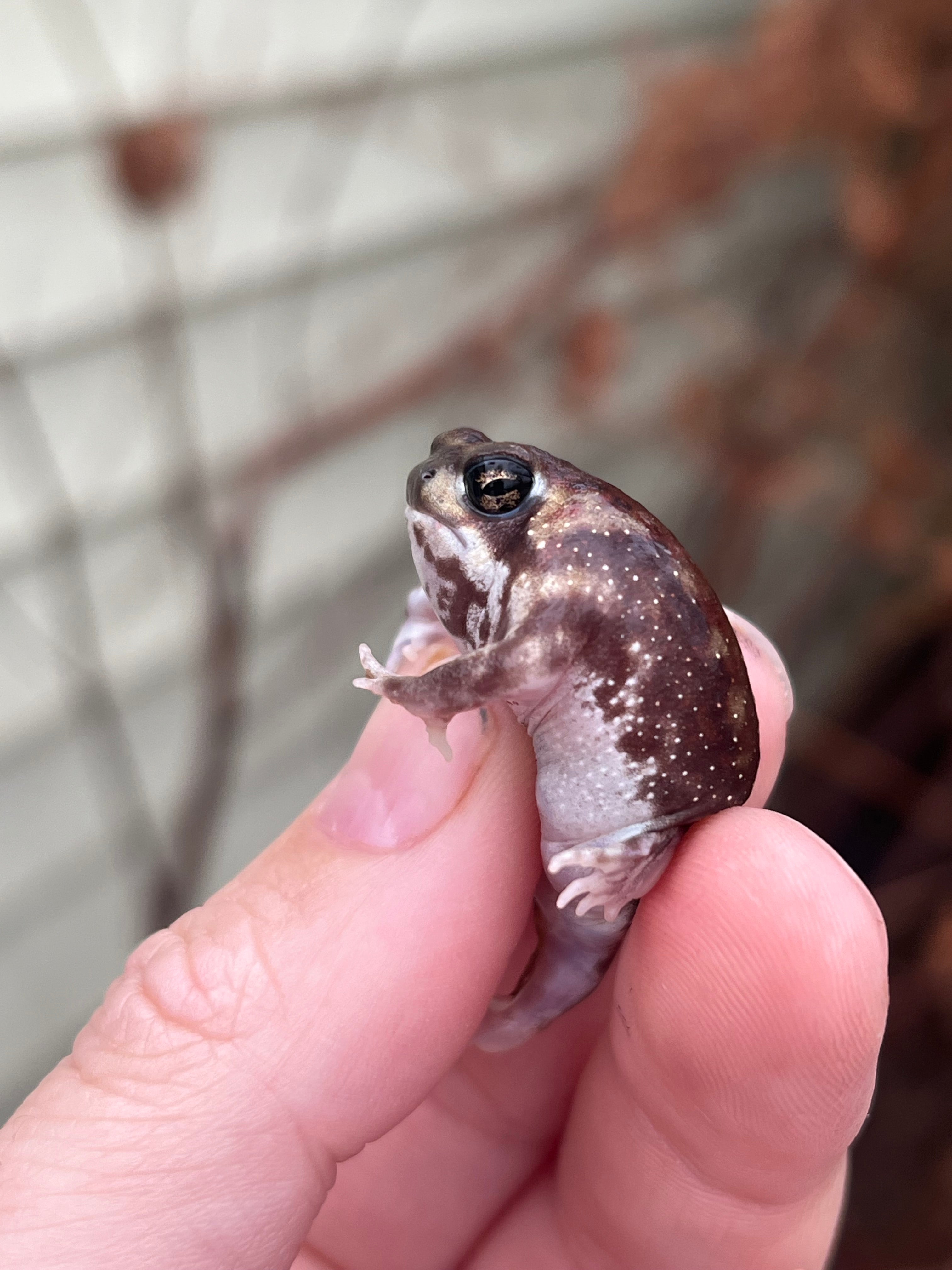Common Health And Wellness Issues in Reptiles: Signs And Symptoms and Solutions
In the elaborate globe of reptile care, recognizing the typical health concerns that may influence these distinct animals is critical in guaranteeing their wellness. Whether it's grappling with parasitical infestations, browsing dehydration concerns, or attending to skin ailments that materialize in refined ways, being attuned to the signs and symptoms and geared up with the expertise of effective options is essential for any kind of reptile proprietor.
Respiratory Infections
Breathing infections in reptiles can significantly impact their total wellness and require prompt interest from knowledgeable vets. These infections are generally triggered by fungis, infections, or microorganisms and can show up via symptoms such as hissing, nasal discharge, open-mouth breathing, and sleepiness. In reptiles, respiratory infections can be particularly challenging to detect and deal with as a result of their one-of-a-kind makeup and physiology. Vets typically depend on a mix of health examinations, analysis imaging, and lab tests to accurately identify the underlying reason for the infection.
Therapy for breathing infections in reptiles usually involves a mix of helpful care, such as keeping proper moisture levels and temperature slopes in the room, as well as targeted drug to resolve the particular microorganism in charge of the infection. It is crucial for reptile proprietors to monitor their pets very closely for any indicators of breathing distress and look for veterinary treatment at the earliest indication of a concern. With timely treatment and suitable therapy, numerous reptiles can recoup fully from respiratory system infections and resume typical tasks.

Metabolic Bone Condition
What factors contribute to the growth of Metabolic Bone Condition in reptiles?
Metabolic Bone Disease (MBD) in reptiles is mostly created by an absence of proper calcium, phosphorus, and vitamin D3 levels in their diet plan. When reptiles do not get ample calcium, either through their food or appropriate UVB direct exposure for vitamin D3 synthesis, they go to a high threat of creating MBD. Reptiles with diets low in calcium or imbalanced calcium to phosphorus ratios are especially prone. In addition, poor direct exposure to UVB light prevents reptiles from synthesizing vitamin D3, which is essential for calcium absorption and bone health and wellness.
Inadequate humidity degrees can also influence a reptile's capability to metabolize calcium effectively. Normal veterinary examinations, proper husbandry practices, and a well balanced diet plan are essential to stop Metabolic Bone Disease in reptiles.
Parasitical Infestations
Parasitical infestations posture a considerable health danger to reptiles, affecting their general health and needing punctual veterinary interest. Reptiles can be influenced by different bloodsuckers, including mites, ticks, inner worms, and protozoa. These parasites can trigger a series of symptoms, such as weight loss, lethargy, skin irritability, diarrhea, and even fatality if left unattended.
One common parasite located in reptiles is the mite, which can cause skin stress and anxiety, irritation, and anemia. Ticks are an additional exterior parasite that can transmit diseases and trigger pain to the reptile. Inner bloodsuckers like worms and protozoa can lead to gastrointestinal problems, poor nutrition, and deteriorate the reptile's body immune system.
To identify a parasitical invasion, a veterinarian may do fecal examinations, skin scrapings, or blood examinations. Therapy usually entails deworming medicines, antiparasitic bathrooms, or in serious situations, a hospital stay. Preventative procedures such as normal vet examinations, appropriate hygiene, and quarantine procedures for new reptiles can help minimize the risk of parasitical problems and make certain the health of reptile pet dogs.
Dehydration and Hydration Issues
Dehydration in reptiles can significantly influence their wellness and health, requiring timely intervention and ideal hydration monitoring. Reptiles are susceptible to dehydration due to numerous aspects such as insufficient water intake, high ecological temperature levels, and specific health conditions. Signs and symptoms of dehydration in reptiles include sunken eyes, lethargy, loss of skin flexibility, and decreased urination. If left neglected, dehydration can lead to significant wellness problems and even be deadly to the reptile.
To protect against dehydration, reptile owners need to guarantee that their pets have access to tidy water whatsoever times. The water recipe ought to be huge enough for the reptile to soak in if required, especially for varieties that absorb water with their skin. Additionally, preserving correct humidity degrees in the reptile's unit and offering normal baths can assist prevent dehydration.
In cases of dehydration, it is critical to seek veterinary treatment without delay. A veterinarian may carry out fluids either orally or with shots to rehydrate the reptile. It is vital to attend to the underlying reason for dehydration to stop reoccurrence and make certain the reptile's overall well-being.
Skin Conditions

Final Thought

Respiratory infections in reptiles can significantly influence their general health and need prompt focus from skilled vets (rain frog for sale). Preventative procedures such as regular vet check-ups, correct hygiene, and quarantine treatments for new reptiles can assist minimize the threat of parasitic invasions and ensure the health of reptile pets
If left unattended, find more information dehydration can lead to major health issues and also be fatal to the reptile.
Consistently checking your reptile for any kind of modifications in skin appearance, appearance, or shade can assist in early detection and treatment of skin disorders, advertising the overall health and wellness and health of your scaly companion. - rain frog for sale
In final thought, reptiles are vulnerable to various health problems such as respiratory system infections, metabolic bone condition, parasitic infestations, dehydration, and skin conditions.